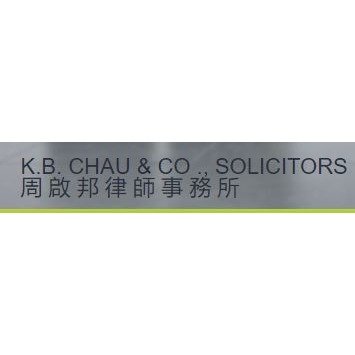Best Personal Injury Lawyers in Admiralty
Share your needs with us, get contacted by law firms.
Free. Takes 2 min.
List of the best lawyers in Admiralty, Hong Kong
About Personal Injury Law in Admiralty, Hong Kong
Personal Injury Law in Admiralty, Hong Kong, is a branch of civil law that covers accidents and injuries that occur due to another's negligence. This includes incidents like slipping and falling on a wet floor, injuries from defective products, and accidents occurring on someone else’s property. According to Hong Kong law, victims can claim compensation for medical expenses, loss of earnings, pain, and suffering, amongst others.
Why You May Need a Lawyer
Typically, you might need a personal injury lawyer when you have been physically or psychologically injured due to the negligence of another person, organization, or government entity. These professionals can navigate the complex legal maze, ensure that your claims are thoroughly and accurately presented, and maximize the potential for a favorable outcome. Also, lawyers can protect your rights and interests if the other party disputes responsibility for the accident.
Local Laws Overview
Hong Kong's personal injury law runs on the tort law system, which suggests that the injured party may sue the responsible party for negligence or wrongful act that caused the injury. The victim can claim both special and general damages, such as loss of earnings, medical expenses, and suffering. It’s crucial to note that Hong Kong has a three-year limitation period from the date of the accident to make your claim, with a few exceptions.
Frequently Asked Questions
What does the process of a Personal Injury claim look like?
In Hong Kong, the process often starts with seeking medical treatment, documenting your injuries followed by legal consultation. If a claim needs to be made, a Letter of Claim is sent to the responsible party. The negotiation process then begins and if this fails, proceedings are initiated in court.
Can I file a claim if I’m partially at fault for the injury?
Yes, you can. However, the compensation you receive may be reduced relative to the degree of your contributory negligence.
What if the responsible party refuses to pay?
If the responsible party refuses to make the agreed payment, a formal demand letter will be sent before proceeding with legal action. The court can order to sell the defender's assets to satisfy the judgment debt.
What happens in cases where the injured person dies before settlement?
In such cases, the right to continue with the claim is passed on to the deceased’s estate.
What if the injury occurs at work?
If the injury occurs at work, you may be entitled to claim for workers' compensation under the Employees’ Compensation Ordinance in addition to making a civil claim.
Additional Resources
Resources like The Hong Kong Law Society, The Legal Aid Department, and The Consumer Council of Hong Kong provide useful information and guidance regarding personal injury law in Admiralty, Hong Kong.
Next Steps
If you or a loved one is a victim of personal injury in Admiralty, Hong Kong, it is crucial to seek professional legal advice as soon as possible. Begin the process by thoroughly documenting your injuries and retaining any evidence of the incident. Then consult with a lawyer who specializes in personal injury to guide you on your claim process.
Lawzana helps you find the best lawyers and law firms in Admiralty through a curated and pre-screened list of qualified legal professionals. Our platform offers rankings and detailed profiles of attorneys and law firms, allowing you to compare based on practice areas, including Personal Injury, experience, and client feedback.
Each profile includes a description of the firm's areas of practice, client reviews, team members and partners, year of establishment, spoken languages, office locations, contact information, social media presence, and any published articles or resources. Most firms on our platform speak English and are experienced in both local and international legal matters.
Get a quote from top-rated law firms in Admiralty, Hong Kong — quickly, securely, and without unnecessary hassle.
Disclaimer:
The information provided on this page is for general informational purposes only and does not constitute legal advice. While we strive to ensure the accuracy and relevance of the content, legal information may change over time, and interpretations of the law can vary. You should always consult with a qualified legal professional for advice specific to your situation.
We disclaim all liability for actions taken or not taken based on the content of this page. If you believe any information is incorrect or outdated, please contact us, and we will review and update it where appropriate.














